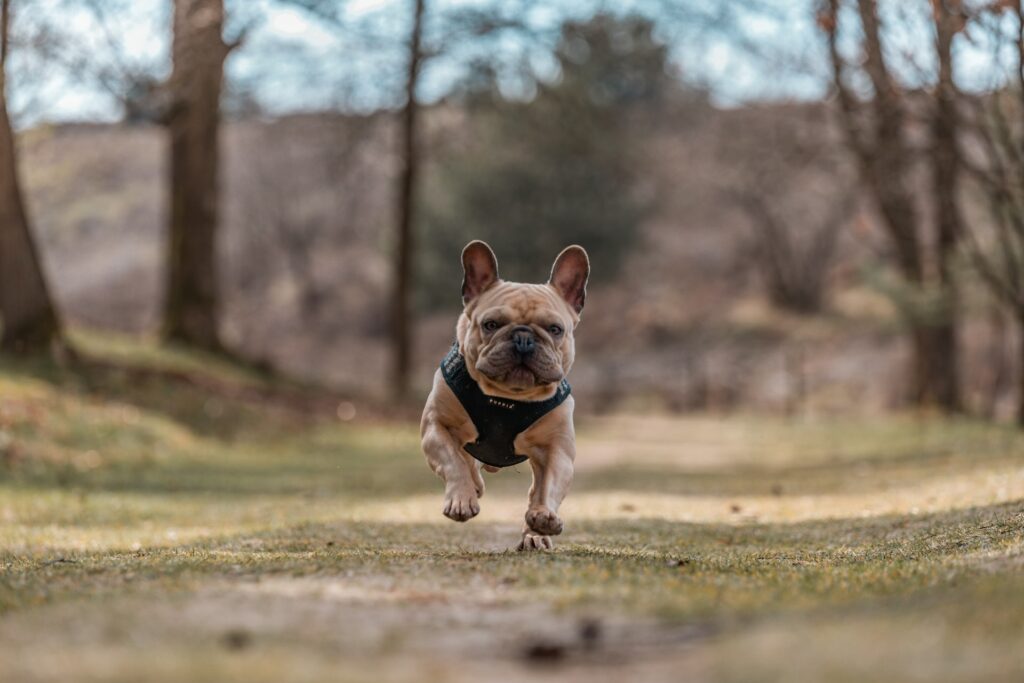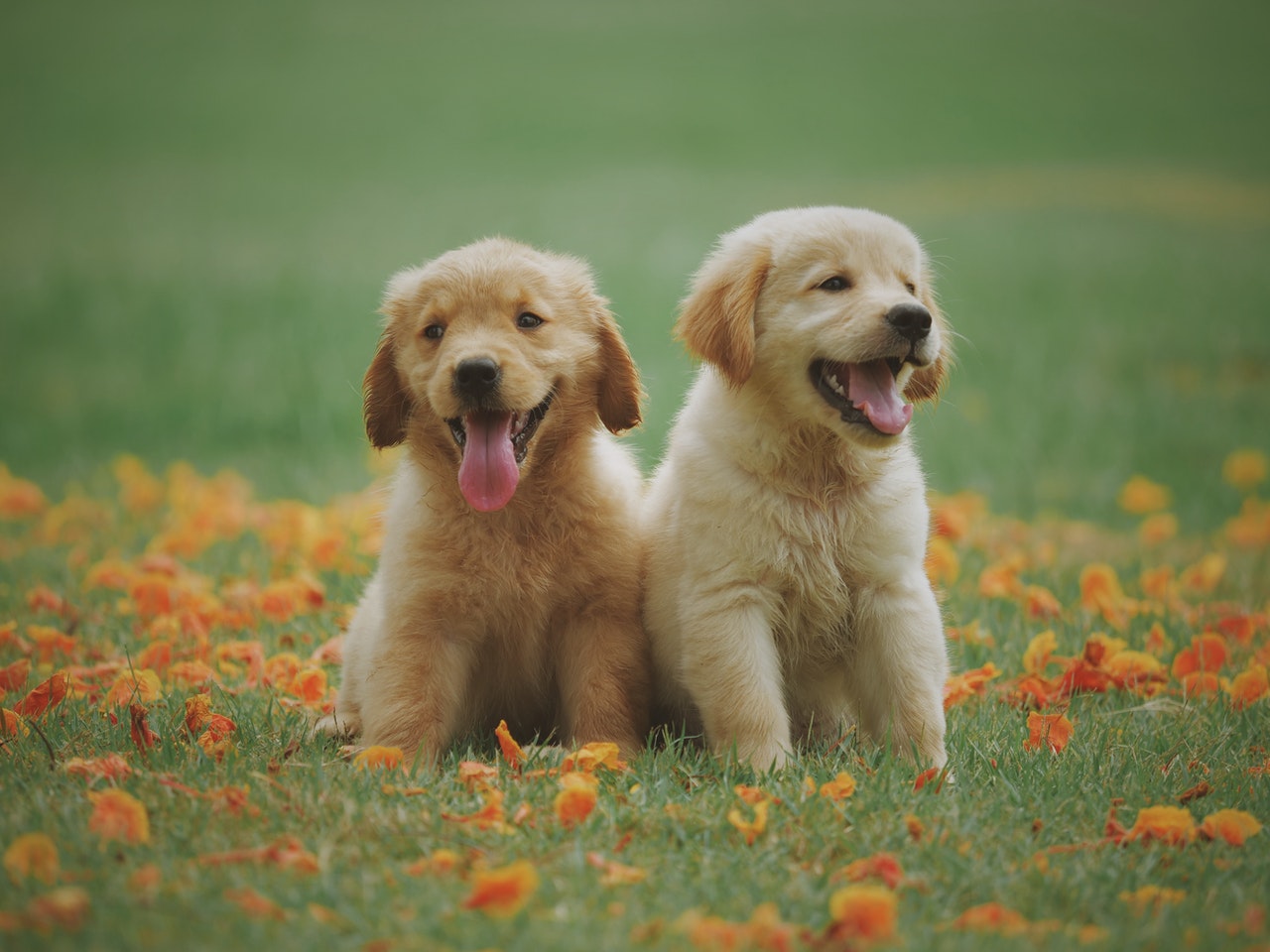
Small dogs have many advantages: they cost less to feed, treat, and care for. You can carry them anywhere you want in a small purse. You can bring them places that big dogs would never be allowed. Owning a little dog also leaves you with fewer concerns about being dragged behind by the leash on your daily walks; your favorite amazon delivery guy won’t freak out at the small dog when it barks at him.
On top of this, you will have considerably smaller poops and pees from a Yorkie, Goldendoodle, or Maltipoo than a german Shepard or Saint Bernard. After hearing all this, you might think that smaller dogs are much simpler to take care of, but things can get “messy” in the potty-training department, if you know what I mean.
Lack of Motivation
We would all prefer less waste from our dogs because it makes life much easier. Wouldn’t you choose to pick up milk duds daily over what a Great Dane lays, similar to horse manure? I could only imagine the difference in their pee; a small dog is probably a puddle, whereas the waste from a large dog like a Saint Bernard is the Great Salt Lake.
Small dog droppings are so much more manageable. Cleaning up most likely plays a significant role in dog owners’ frustrations. Owners of small dogs might shrug their shoulders while owners of big dogs sigh and swear, making remarks like, “Seriously?, Again? You gotta be kidding me!”
Matter of Living Quarters
One of the reasons little dogs may be more difficult to train is because they tend to be housed in small living areas such as apartments or large industrial buildings. They do not have easy access to the outdoors, which makes it more challenging to establish a location for your puppy to do its business. It can be challenging to bring these dogs out every time they need to potty, especially when they need to go as often as every hour.
Another common issue is when people give their dogs free range in their house. Most homes are large areas, and it can be too much for puppies and small dogs to get outside on time before doing the dirty on the ground in your house.
Smaller Bladders
Finally, are smaller dogs more difficult to potty train because they’ve got smaller bladders? Well, this theory seems to make sense. After all, the bladder of a small Maltipoo or Cockapoo is about the same size as a small grape or cherry, and once grown, it reaches, at most, the size of a small apricot. A small dog’s bladder is undoubtedly tiny, but a small dog doesn’t drink nearly as much water as a large dog, so the amount of urine produced is proportional. This should be something you keep in mind when looking for Cockpoo puppies for sale, or any other breed really.
Another possibility is that smaller dogs may have a higher metabolism than large dogs. If a smaller dog has a higher metabolism, it will have higher energy demands. They may, therefore, digest faster and remove waste faster. Yes, faster metabolism and smaller bladder may play a role, but it doesn’t tell the entire story.
When potty training your dog, you can’t expect it to hold pee for too long; it can cause discomfort and may predispose them to urinary tract infections.
Conclusion
Knowledge is the ultimate power, so awareness of these challenges is essential. Our dogs won’t get potty-trained independently; they need to be trained. Some days might be trouble-free, and some breeds might be easier than others, but all it takes is a little extra time and effort; if you do that, you will have a positive result. Stick with it, and you will have your puppy trained in no time!
 S
S
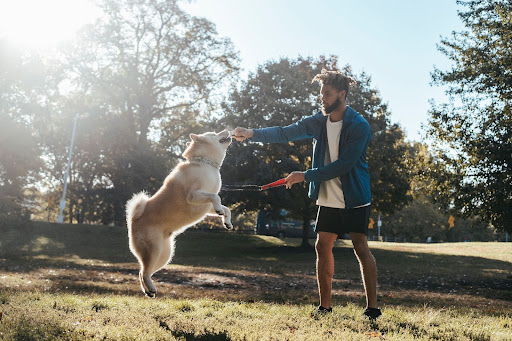
Pros and Cons of Clicker Training for Dogs
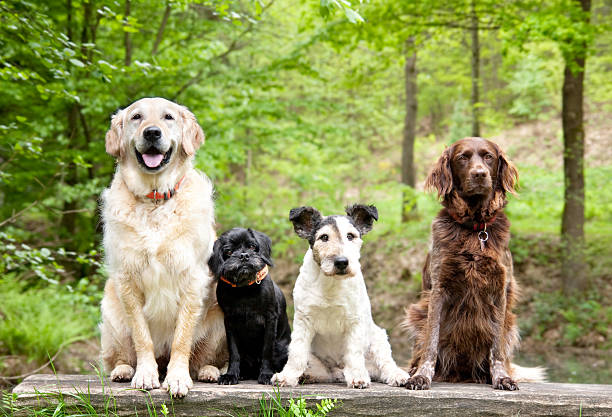
Top 8 Family-Friendly Dog Breeds to Consider When Looking for a Pet
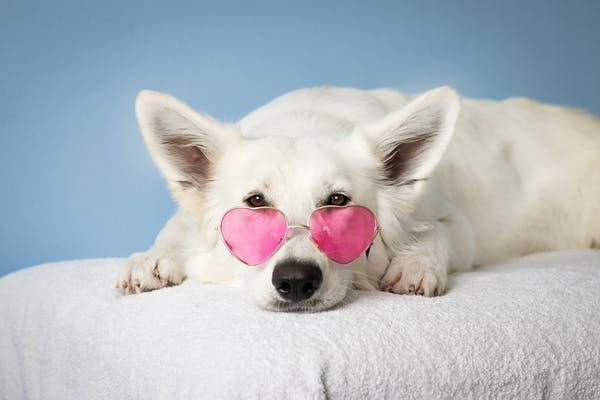
 S
S
4 Different Ways To Let Your Dog Enjoy CBD
